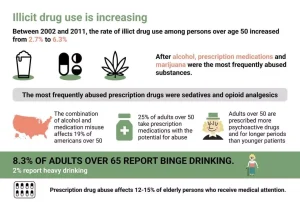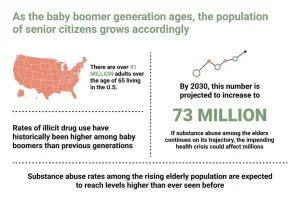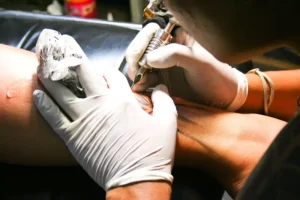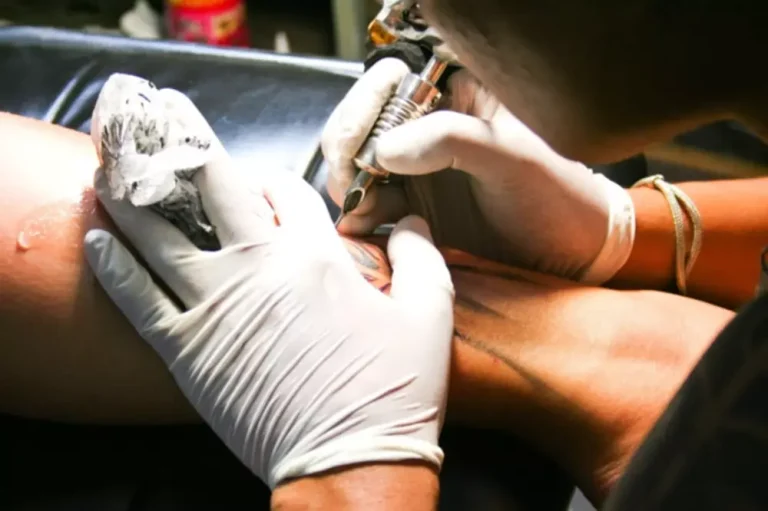What to Do After a Relapse: 6 Steps To Take After a Relapse

A person suffering from an alcohol relapse makes excuses to drink again or rationalizations Sober living home about why they should start drinking again. Relapse occurs when someone in recovery returns to using drugs or alcohol after a period of sobriety. A BAC of 0.09% to 0.25% causes lethargy, sedation, balance problems and blurred vision. A BAC of 0.18% to 0.30% causes profound confusion, impaired speech (e.g. slurred speech), staggering, dizziness and vomiting. A BAC from 0.25% to 0.40% causes stupor, unconsciousness, anterograde amnesia, vomiting (death may occur due to inhalation of vomit while unconscious) and respiratory depression (potentially life-threatening).
Step Up Level of Treatment
Following formal treatment, many patients benefit from entering some form of aftercare. This can range from attending 12-step meetings to living in a sober living facility after completing an inpatient or residential program. Remember, you are an important part of the treatment team with enormous power to do good for your loved one. Taking these steps can help make their long-term recovery a reality.

Addiction Treatment
If a person is alone or doesn’t have a support system, they will not be able to deal well with the stress involved in alcohol relapse. It can lead them to overuse drugs and alcohol for temporary relief, making it easier for them to give in to the temptation to drink again and again. In this situation, the individual may turn to drugs and alcohol to prevent their problems from getting worse.
- Affected neurotransmitter systems include the serotonin, opioid, and dopamine systems.
- Moving your body, eating well and relaxing are all good places to start with self-care.
- Feeling conflicted is typical – you may feel that you want to use but are trying to talk yourself out of it.
How to Deal with a Relapse of a Recovering Alcoholic

There are a lot of misconceptions about a relapse on alcohol or drugs. Sometimes, we think that a relapse is a failure or proof treatment didn’t work. Relapse is something that can but doesn’t have to be part of the recovery process. By being aware of these stages of relapse, you may be able to identify the signs early on in yourself or someone else and take steps to adjust what’s happening before there’s a full-blown relapse.
- If you’re reading this on behalf of a loved one, this part’s for you!
- This page will define relapse, go over some of the reasons it happens, and discuss relapse prevention techniques.
- You can positively change your life by creating healthy and positive goals.
- A relapse shouldn’t be seen as a failure in treatment, but it does serve as a sign that you might need to change, modify, or reexamine your treatment strategy.
Professional medical help is crucial if an alcoholic resumes drinking. Seeking immediate help from addiction specialists, counselors, or support groups can help lessen the risks and guide the person back toward recovery. Triggers such as an emotional upset or unpleasant event may seem to cause a relapse. However, alcoholism, like any treatable disease or disorder, will resurface unless treatment is ongoing, in some capacity.
Seek Support
When an addicted person acts on their craving, a surge of neurotransmitters causes them to feel pleasure. This article will take an in-depth look into relapse after getting clean and what to do about it. Call an admissions navigator to begin treatment or learn more about our facilities across the U.S.
What Percentage of Alcoholics Recover and Stay Sober?
Support networks play a crucial role in helping individuals cope with the emotional challenges of recovery and preventing relapse. They provide emotional strength, encouragement, and shared understanding. Therapies such as Cognitive Behavioral Therapy (CBT) can help individuals understand and change thought patterns and behaviors that lead to relapse. Most physical relapses are considered relapses of opportunity, meaning that they occur when an individual feels they will not get caught. At this stage, working toward avoiding triggers or high-risk situations in which relapse could occur is critical. Therapy may focus on identifying high-risk situations and learning ways to avoid them.

It can be hard for you https://ecosoberhouse.com/ if you experience a mental relapse because you might have felt that you’d never think about using again after treatment. For people who have established a sustained period of sobriety, relapse doesn’t occur overnight. In a 2015 article published in the Yale Journal of Biology and Medicine, Dr. Steven Melemis described three stages that occur during relapse. To avoid relapse after a slip, many people attend support group meetings or therapy sessions.

Part of the recovery process includes talking about relapse, and learning healthier Alcohol Relapse ways to cope with triggers that can lead to it. Relapse doesn’t happen immediately; rather, it is a gradual process that is different for each person. The process of relapse starts weeks and even months before you consume alcohol or ingest drugs into your system.3 Relapse occurs in three stages that include emotional, mental, and physical. A relapse is a return to drinking or drug use after attempts have previously been made to stop.
